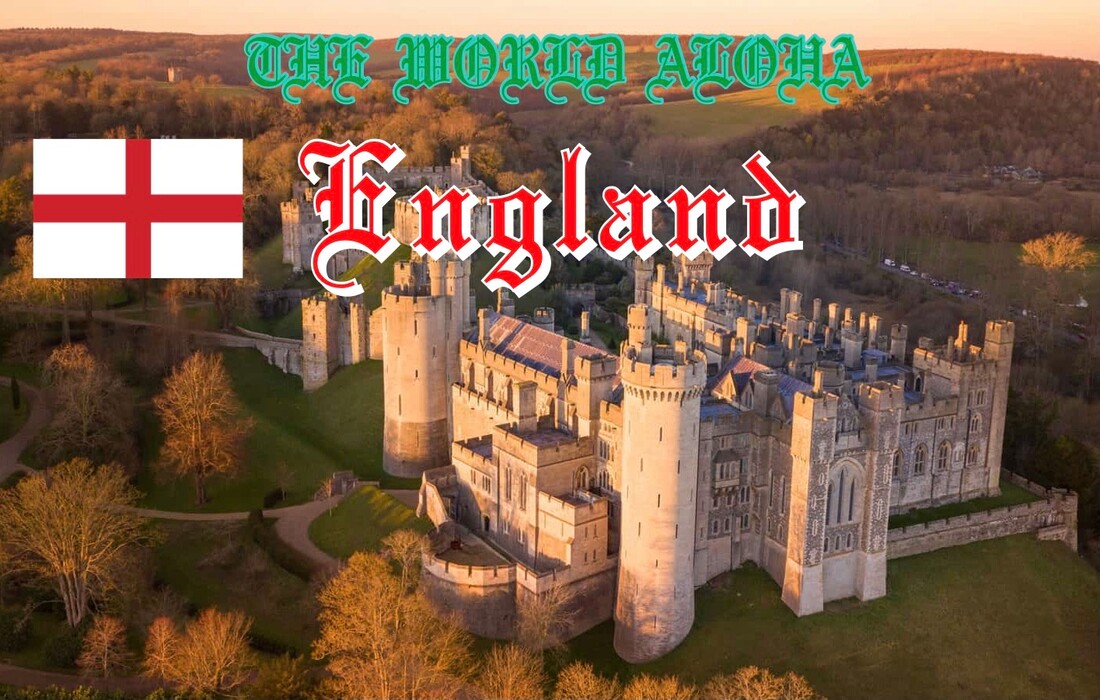|
The historical odyssey of England unfolds as a complex tapestry interwoven with myriad strands, tracing its genesis to prehistoric epochs and the Roman incursion of 43 AD. In its nascent stages, England bore witness to the amalgamation of disparate tribal entities, establishing a foundation marked by diverse cultural amalgamations. The post-Roman era, commencing in the 5th century, witnessed the ascendancy of Anglo-Saxon dominion, characterized by the proliferation of distinct kingdoms and the assimilation of Germanic influences.
A transformative watershed occurred with the Norman Conquest of 1066, instigating a paradigm shift through the introduction of feudalistic structures and a profound reconfiguration of the socio-political milieu. The ensuing medieval epoch witnessed the consolidation of monarchical authority, epitomized by the reign of the Plantagenet dynasty, alongside seminal events such as the Magna Carta in 1215, which laid the groundwork for constitutional precepts. The 15th-century Wars of the Roses ushered in a tumultuous era of dynastic conflict, ultimately culminating in the ascendancy of the Tudors and the advent of the Renaissance. This epoch, characterized by the formidable reigns of Henry VIII and Elizabeth I, bore witness to England's burgeoning influence on the global stage. The Stuart period of the 17th century engendered profound political upheaval, exemplified by the English Civil War and the subsequent establishment of a brief republic under the auspices of Oliver Cromwell. The restoration of the monarchy in 1660 marked a return to equilibrium, fostering the intellectual and cultural efflorescence of the Enlightenment. The 18th century witnessed the zenith of England's imperial prowess, underscored by expansive colonial endeavors, burgeoning trade, and the inexorable march of industrialization. The Victorian era, spanning much of the 19th century, encapsulated the apogee of imperial power, accompanied by seismic social transformations and the initiation of parliamentary reforms. The 20th century unfolded as a narrative punctuated by the crucible of global conflicts, economic vicissitudes, and the ebb of colonial hegemony. England's pivotal roles in both World War I and II, coupled with post-war reconstruction initiatives, solidified its status as a prominent global actor. The latter half of the century witnessed the waning of imperial dominion and the concurrent emergence of a multicultural societal fabric. In the contemporary milieu, England grapples with the intricate dynamics of a post-colonial and post-industrial epoch, navigating complex challenges such as Brexit and recalibrating its global role. The historical odyssey of England stands as a testament to the indomitable spirit of its populace and the intricate interplay of forces that have indelibly shaped its destiny.
0 Comments
|
AboutWorld is dedicated to the subject of World History of Nations around The World! CategoriesSearch by Month
October 2020
|

 RSS Feed
RSS Feed